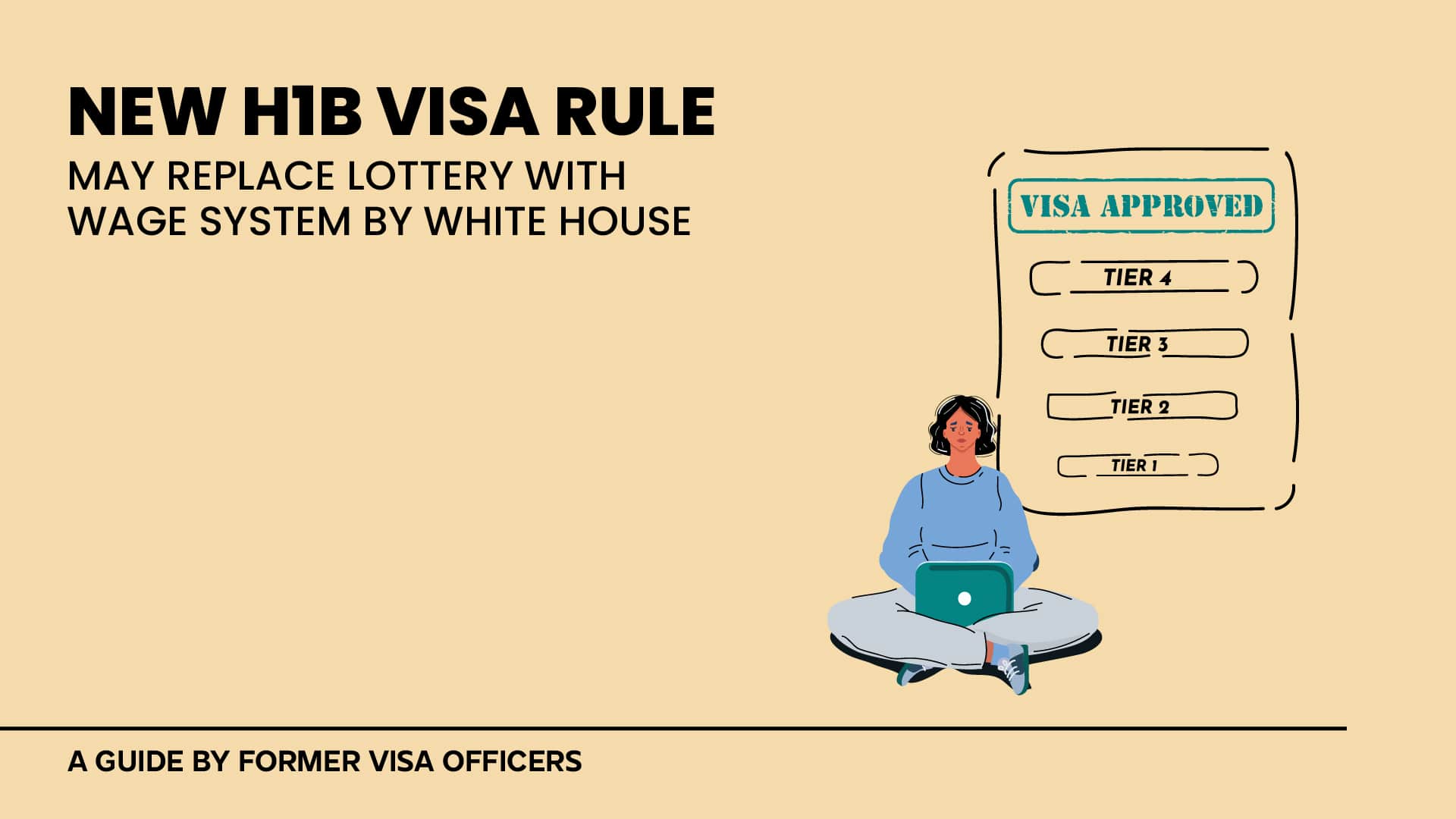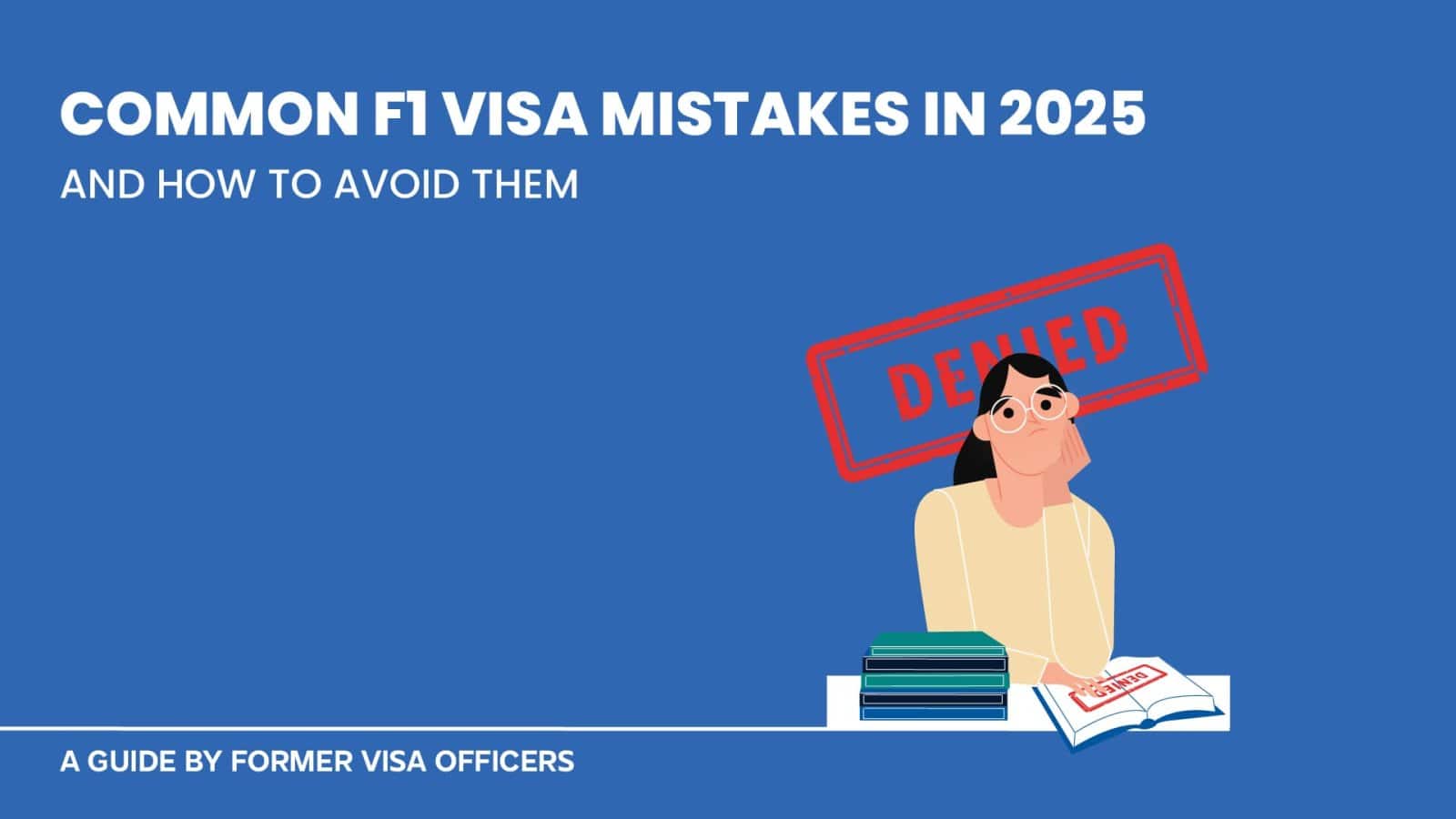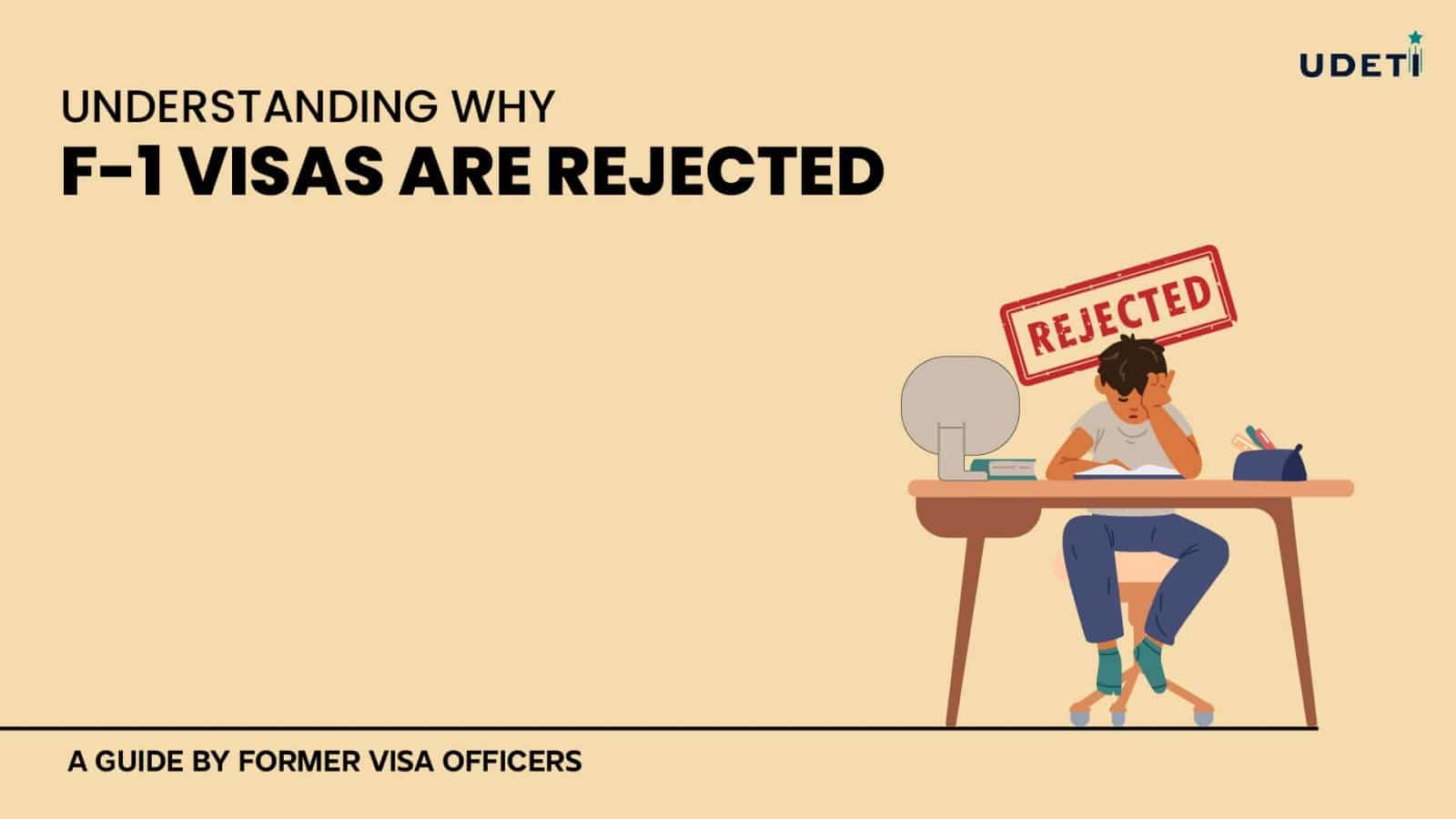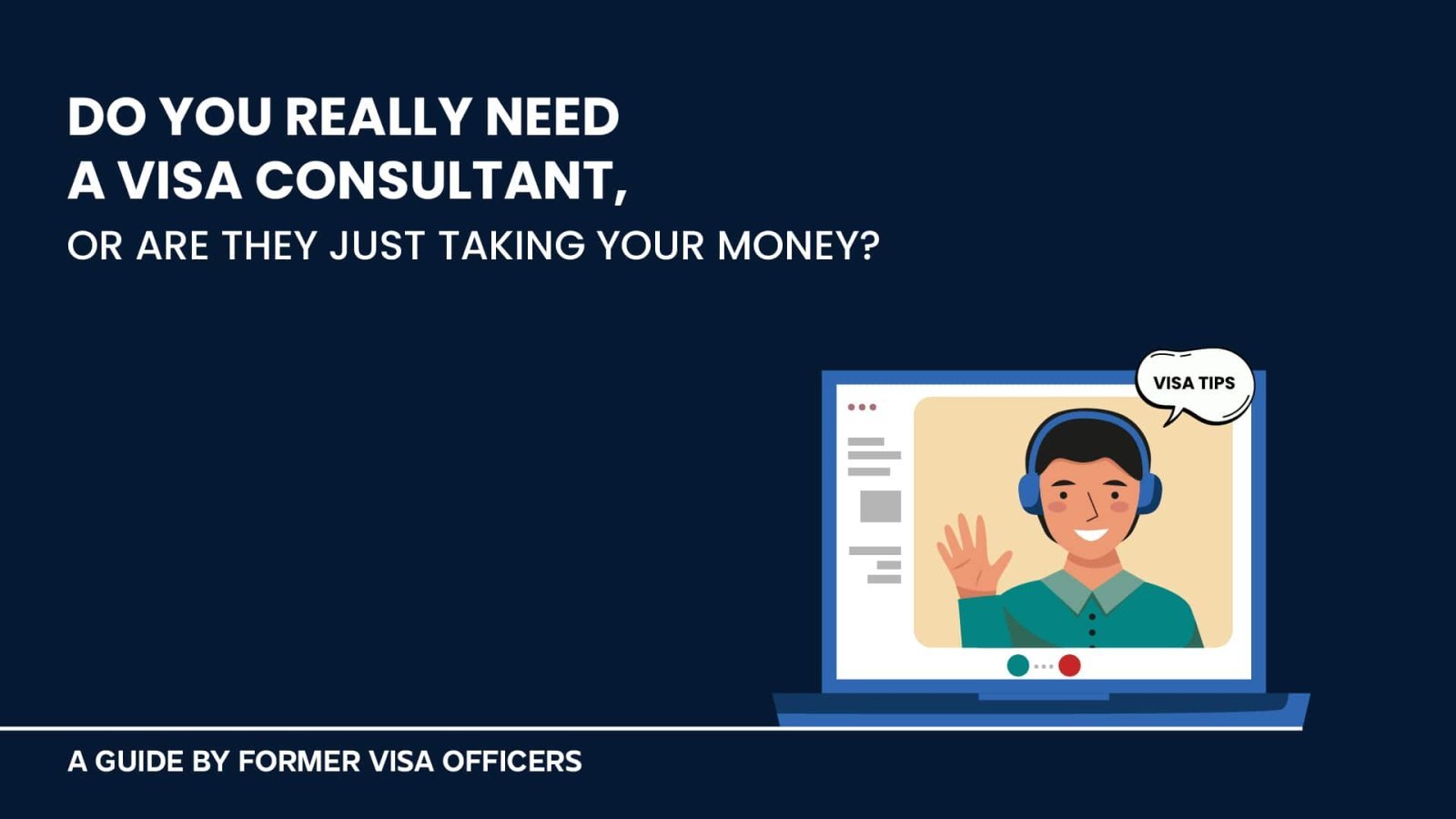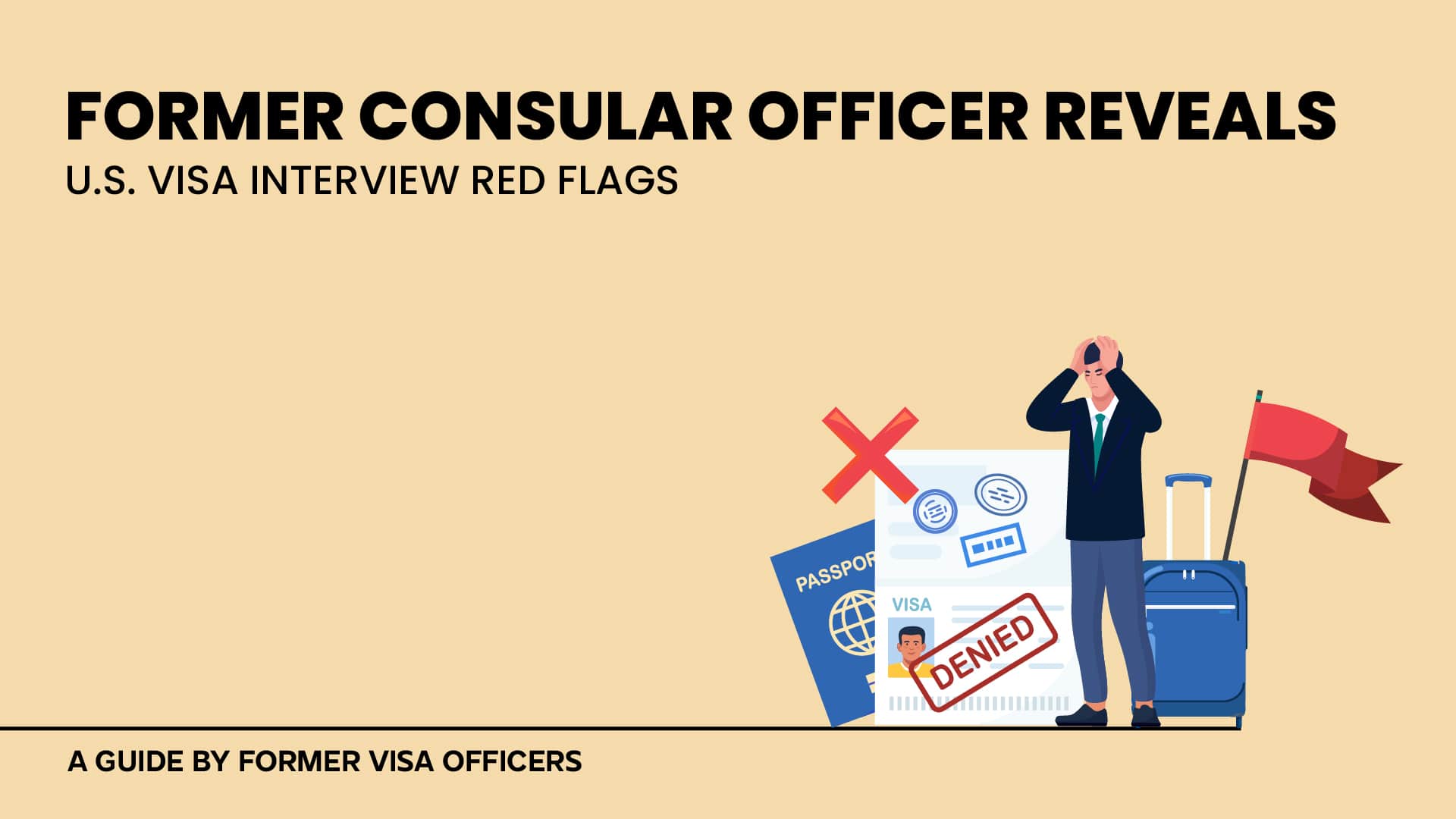On August 8, 2025, the White House approved a proposal that changes the process for selecting H-1B visas. The random lottery is replaced with a wage-based system. The Department of Homeland Security and USCIS are reviewing the rule before final release.
This is the most significant shift in the H-1B process in years.
How The H-1B System Works Today
Each year, USCIS issues 85,000 new H-1B visas.
- 65,000 are available for the general pool.
- 20,000 are reserved for candidates with U.S. master’s degrees or higher.
When registrations exceed this cap, USCIS uses a random lottery. All applicants have equal odds, regardless of salary or experience.
What The New Wage System Means For You
The Department of Labor defines four wage levels. Your selection depends on where your role falls.
- Level 4: Senior roles with top salaries.
- Level 3: Mid to senior professionals.
- Level 2: Early professionals with moderate salaries.
- Level 1: Entry-level roles with the lowest salaries.
Higher levels are reviewed first. If the cap is filled before your level is reached, your application stops there.
Why This Change Matters Now
This proposal was attempted in 2021 but blocked. Its revival in 2025 signals strong policy interest. For you, that means the random lottery is no longer a reliable entry point. Wage levels are now the deciding factor.
Who Gains An Advantage Under The New System
- Large technology and consulting firms with senior hires.
- Industries with high salaries like finance, data, and healthcare.
- Professionals with advanced degrees and strong wage offers.
Who Needs To Rethink Their Strategy
- Startups that hire at lower wages.
- Nonprofits and research groups with limited budgets.
- International students entering the workforce with entry-level salaries.
How Industries May Shift Around This Rule
Technology and finance employers will dominate selections. Universities could face lower enrollment from international students if post-graduation opportunities shrink. Employers in research, education, and smaller firms may struggle to fill specialized roles.
What Timeline You Should Expect
The rule is not yet final.
- It will be published in the Federal Register.
- A public comment period of 30 to 60 days will follow.
- DHS will review comments and release the final rule.
Implementation may take months, but the time to prepare is now.
Need to speak to a former U.S. consular officer?
How You Can Improve Your Chances
- Check your wage level on the Department of Labor website.
- Negotiate your salary if you are near the next tier.
- Target industries that place roles in wage level 2 or above.
- Gain certifications, advanced degrees, or promotions before entering the H-1B pool.
How Employers Should Prepare Today
- Review salaries for international hires and adjust where possible.
- Reassess entry-level hiring plans.
- Engage during the public comment period to influence policy.
- Develop strategies to stay competitive for international talent.
The Key Takeaway For You
The rule shifts advantage from chance to pay. High salaries rise in priority while lower levels face barriers. Applicants and employers need to understand wage levels early.
If you are planning for the H-1B, do not wait until the rule is final. You will still need to prepare for the most critical part of the process: the visa interview.
At UDETI Visa, our former consular officers focus on interview preparation. We review your DS-160, train you for visa interviews, and guide you through 221(g) processing. Our goal is to help you avoid mistakes that cause delays or denials.Need help preparing for your H-1B visa interview? Book a consultation with our team today and enter the interview confident and ready.

